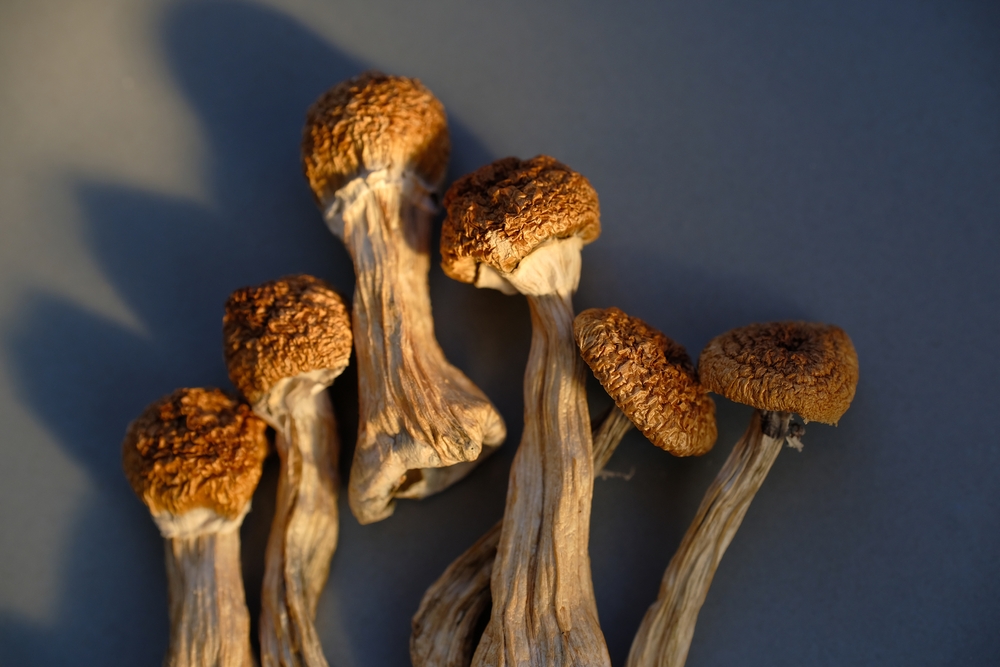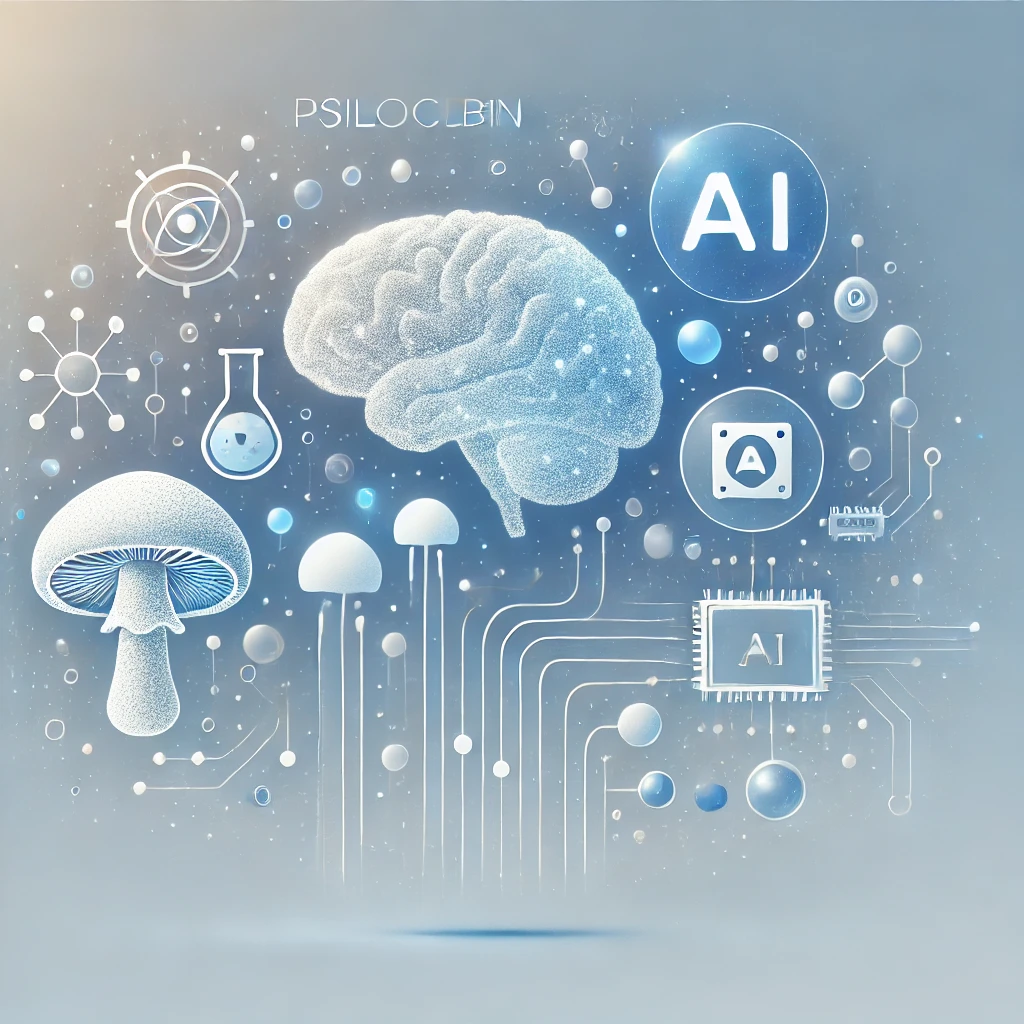“What is the purpose of psychedelic therapy?” This question is becoming increasingly significant in the realm of mental health as more professionals and patients explore the potential of psychedelics. Once relegated to the fringes of medicine, psychedelic substances like psilocybin, LSD, and MDMA are now recognized for their profound potential to treat a variety of mental health disorders. This resurgence of interest is supported by a growing body of research that points to significant therapeutic benefits, challenging traditional approaches to mental health treatment.
Psychedelic therapy offers a unique approach, using these powerful substances in controlled settings to unlock deep-seated emotional responses and promote healing. As we delve deeper into this topic, this article will uncover the scientific mechanisms, therapeutic benefits, and transformative experiences associated with psychedelic therapy. Whether you’re a healthcare provider, a patient seeking new treatment options, or simply curious about this evolving field, our exploration will provide a thorough understanding of the purpose and impact of psychedelic therapy.
Historical background

The journey of psychedelic therapy begins long before it entered clinical settings, with roots stretching back to ancient times when indigenous cultures used natural psychedelics for spiritual and healing purposes. However, the modern story of psychedelic therapy started in the mid-20th century when researchers began to explore the therapeutic potentials of substances like LSD and psilocybin.
The mid-20th century renaissance
In the 1950s and 1960s, psychiatrists and scientists were captivated by the promise of psychedelics to unlock new understanding of the human mind. Pioneering studies, such as those conducted by Humphry Osmond and Stanislav Grof, showed promising results in treating conditions like alcoholism and depression. Osmond even coined the term “psychedelic,” which means “mind-manifesting,” to describe these substances’ ability to reveal layers of consciousness.
Regulatory roadblocks and cultural shifts
Despite early enthusiasm, the growing association of psychedelics with the counterculture movements of the 1960s led to stringent regulations and a near-complete halt in research by the 1970s. This regulatory crackdown stifled the scientific study of psychedelics for decades, leaving many potential therapeutic benefits largely unexplored.
A new era of research
It wasn’t until the late 1990s and early 2000s that researchers, driven by clearer understanding and better regulatory environments, began to revisit the therapeutic potential of psychedelics. Institutions like Johns Hopkins University and the Multidisciplinary Association for Psychedelic Studies (MAPS) have spearheaded contemporary research, focusing on how these substances can be integrated safely and effectively into mental health treatment.
The historical perspective of psychedelic therapy not only highlights its potential but also its complex journey from ancient ritual to modern medicine. This resurgence of interest underscores a growing consensus in the scientific community about the substantial benefits these therapies can offer.
How does psychedelic therapy work?
Psychedelic therapy is carving out a transformative path in mental health treatment, offering insights and healing through mechanisms distinct from traditional therapies. This section delves into the science behind these substances and their profound impact on the human brain.
The neurological mechanisms
Psychedelics like LSD, psilocybin, and MDMA primarily influence the brain’s serotonin receptors, crucial for regulating mood, cognition, and perception. Studies, such as those highlighted in the Journal of Psychopharmacology, demonstrate how these substances promote increased neural connectivity. This enhanced linkage across brain regions leads to a ‘reorganization’ of thought processes, which can disrupt entrenched negative patterns and foster new, healthier ways of thinking.
Enhancing emotional connectivity
A remarkable benefit of psychedelic therapy is its capacity to deepen emotional connections and empathy, crucial for treating mental health issues like PTSD. Research findings published in Psychopharmacology reveal that patients experience significant reductions in trauma-related distress, with an improved sense of well-being and a renewed connection to the world around them.
The role of the therapeutic setting
The success of psychedelic therapy heavily relies on the environment, or “set and setting,” in which it is administered. A meticulously controlled and supportive setting ensures the therapeutic potential of the psychedelic experience is maximized. Guidance from professionals is essential, as detailed by MAPS, which outlines the structured approach involving preparation, the therapeutic session, and integration phases.
Long-term effects
The enduring impact of psychedelic therapy is among its most promising aspects. For instance, a study featured in Nature Medicine shows that single sessions can lead to significant and sustained improvements in conditions like depression and anxiety, challenging the need for continuous pharmacological intervention.
Understanding the mechanics behind psychedelic therapy not only helps demystify its effects but also underscores its potential as a groundbreaking approach in the realm of mental health.

Benefits of psychedelic therapy
The therapeutic landscape is witnessing a paradigm shift with the advent of psychedelic therapy, which offers profound benefits across a spectrum of mental health disorders. This section will explore these benefits, underpinned by scientific research, and illustrate how psychedelic therapy is reshaping treatment approaches.
Efficacy in treating depression
One of the most significant impacts of psychedelic therapy is observed in the treatment of depression. A landmark study published in the New England Journal of Medicine illustrates that psilocybin produces rapid and sustained antidepressant effects in patients, often after just a single dose. These effects are attributed to the substance’s ability to disrupt negative thought patterns and promote emotional breakthroughs.
PTSD and trauma resolution
For individuals struggling with PTSD, psychedelic therapy offers a promising alternative to conventional treatments. MDMA-assisted therapy, for instance, has been shown to significantly reduce PTSD symptoms, as reported in Psychiatry Research. Patients often experience lasting improvements, gaining new insights and perspectives that are integral to their healing process.
Addiction and substance abuse
Psychedelic therapy also shows potential in addressing addiction and substance abuse issues. Research in the Journal of Psychopharmacology has documented successful outcomes using psilocybin for smoking cessation, with a significant proportion of participants remaining abstinent over a year after treatment. This suggests psychedelics’ role in breaking the cycle of addiction by reshaping habits and behaviors.
Enhancing life satisfaction and well-being
Beyond addressing specific disorders, psychedelic therapy often enhances overall life satisfaction and well-being. Studies, like those conducted by Imperial College London, report that individuals undergoing psychedelic therapy experience heightened spiritual awareness and personal insight, which contribute to long-term improvements in life satisfaction.
Cognitive flexibility and creativity
An exciting area of research is the effect of psychedelics on cognitive flexibility and creativity. As per findings in Frontiers in Pharmacology, substances like LSD and psilocybin can enhance cognitive flexibility, allowing people to break free from rigid thought patterns and explore new ways of thinking and problem-solving.
Conclusion
The diverse benefits associated with the use of psychedelics in therapeutic settings underscore their potential to redefine traditional approaches to mental health. As we explore the question of what the purpose of psychedelic therapy is, it becomes clear that by facilitating profound psychological changes and promoting overall well-being, psychedelics are emerging as valuable tools in the modern mental health arsenal. These substances not only address specific mental health issues but also enhance cognitive flexibility, creativity, and life satisfaction, offering a promising future for comprehensive mental health care.




